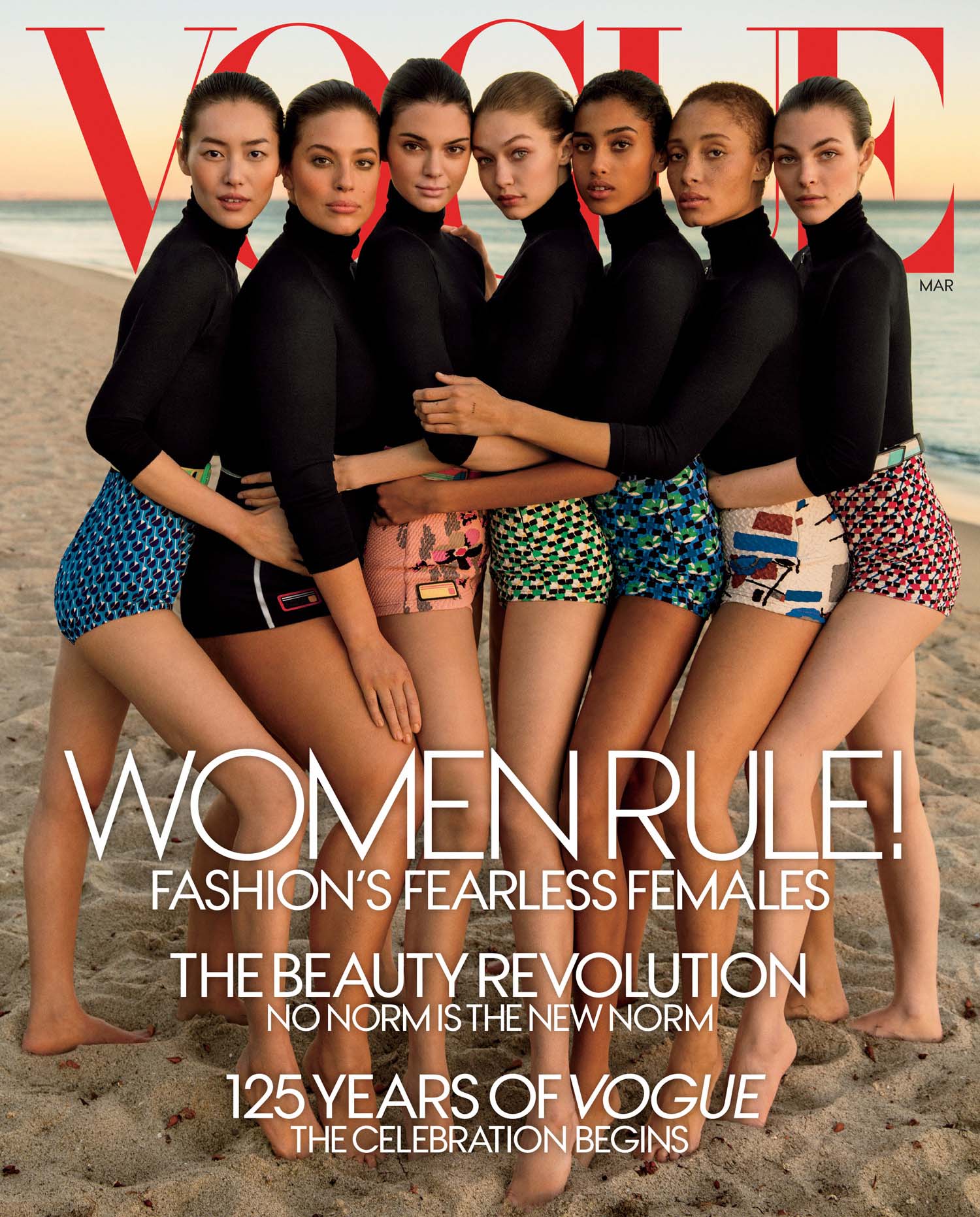Spot The Difference: France Is Getting Le Tough On Photoshopping
A new legislation also requires models to have doctor approval before they can work.
Although it’s obviously no secret that labels and magazines use editing software to alter images, it’s not always clear exactly how or to what extent an image has been retouched. Until now, that is.
It’s been eight years in the making, but France is officially implementing a law that requires magazines to mark images that have been retouched.
“Exposing young people to normative and unrealistic images of bodies leads to a sense of self-depreciation and poor self-esteem,” said French minister of social affairs and health, Marisol Touraine, on the matter.
i find this curious - two photos from today, one edited so my skin is perfect and one real. remember flaws are ok :-) pic.twitter.com/PuRhxt2u2O
— Lorde (@lorde) 31. marts 2014
France actually passed the law in 2015, but it’s finally now coming into effect. And the legislation is a twofold strike at the industry.
Firstly, in an effort to combat eating disorders, the law requires models working in France to provide a doctor’s note proving that they are healthy.
The law states that agencies found to be violating this requirement could face charges of up to €75,000 and even jail time.Whatevs pic.twitter.com/D67Qtt12gv
— christine teigen (@chrissyteigen) 19. januar 2017
Secondly, any images that have been Photoshopped must be labeled to indicate the retouching. Those in breach could face fines of up to €37,500.
This law comes at an interesting time in the industry, when body positivity and retouching photos are both huge talking points. The common use of Photoshop means there is negative attention drawn to “real” images that are unretouched; they are often seen as bad or flawed when posted.

Unsurprisingly, celebrities often condemn images that are overly Photoshopped, especially when they are published without their consent. Many celebrities and influencers have also posted raw images to dispel any impossible body standards fans may be subjected to when viewing altered images.

Currently, this law only relates to fashion media, but we hope to see the legislation's parameters expanded in the future because fashion is definitely not the only force in the world with the power to impact our body image.












